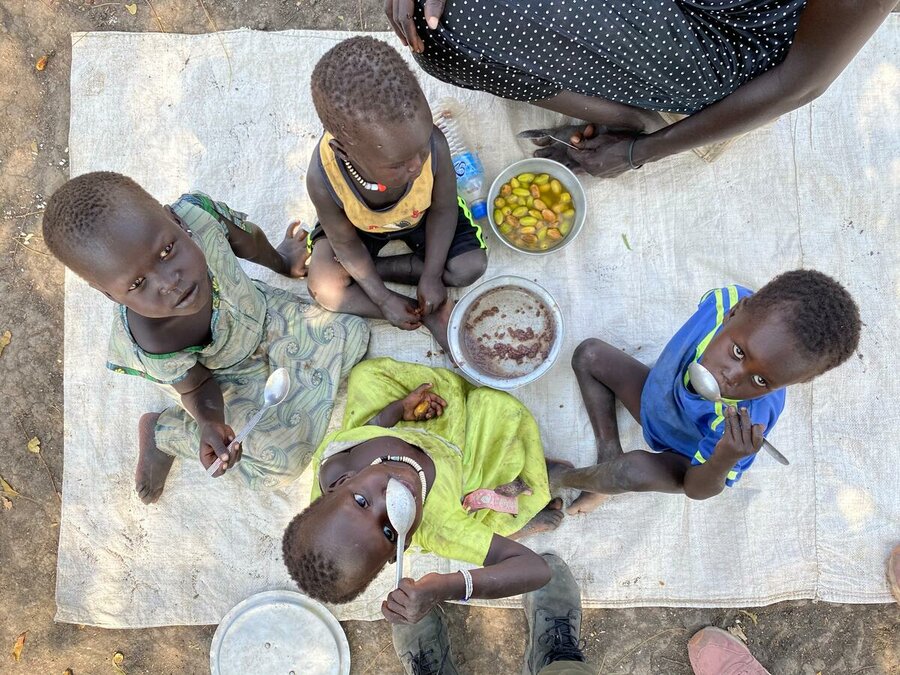
According to the United Nations food agency, over 45 million people are at the risk of famine with the rise in hunger. Here’s all you need to know about the new UN World Food Program report.
What does the UN World Food Program Report say?

The new UN World Food Program report shows a huge jump seen in the number of people on the edge of famine. The number increased from 42 million to 45 million. According to the World Food Programme (WFP), the spike is largely due to the three million people facing famine after the Afghanistan ordeal.
“Tens of millions of people are staring into an abyss. We’ve got conflict, climate change, and COVID-19 driving up the numbers of the acutely hungry,” said David Beasley. Beasley is the Executive Director of the WFP. “And the latest data show there are now more than 45 million people marching towards the brink of starvation,” he added.
The aftermath of the Afghan ordeal

In Afghanistan and several worst struck regions of the world, people are being forced to make severe choices. Several families are pulling children from school, marrying them early, or even feeding them cactus, locusts, and other wild leaves. “Meanwhile media reports from Afghanistan point to families reportedly being forced to sell their children in a desperate attempt to survive,” stated the report. “Fuel costs are up, food prices are soaring, fertilizer is more expensive. And all of this feeds into new crises like the one unfolding now in Afghanistan. As well as longstanding emergencies like Yemen and Syria,” added Beasley.
Additionally, the report also reveals that the cost of averting a food disaster globally is now at $7 billion. Previously, it stood at $6.6 billion. The WFP is also warning that regular streams of funding are currently overstretched. The war-like situation in addition to multiple droughts has pushed the economic meltdown off the cliff. Similarly, in Syria, over 12.4 million people are not sure if, when, or what their next meal is. Additionally, acute hunger issues are rising in Burundi, Ethiopia, Angola, Somalia, Haiti, and many more.






